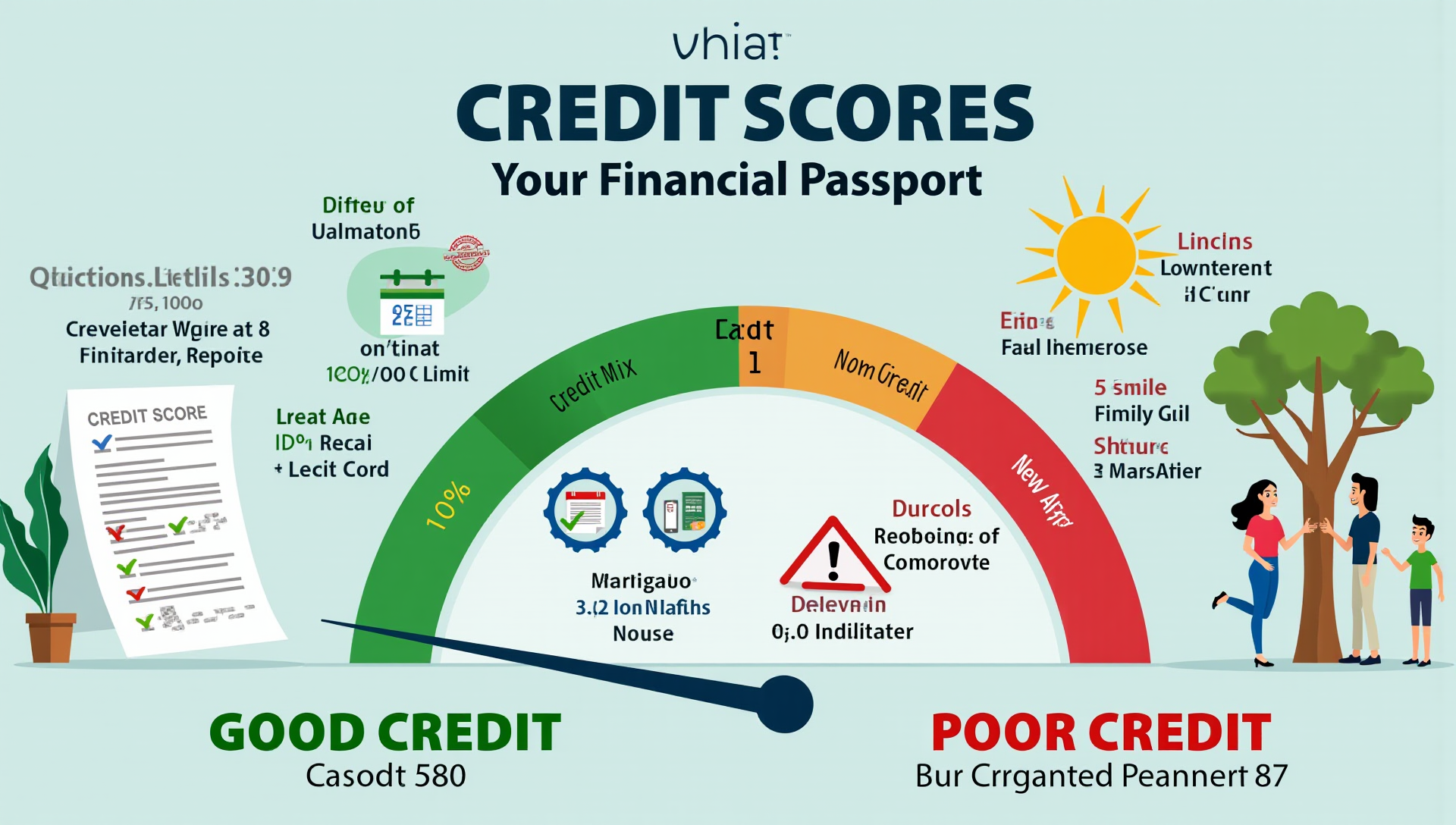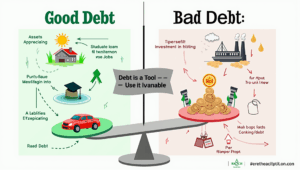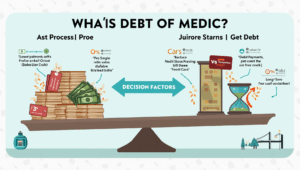 Understanding Credit Scores: What They Are and Why They Matter
Understanding Credit Scores: What They Are and Why They Matter
In today’s fast-paced and credit-driven world, your credit score plays a crucial role in determining your financial opportunities. Whether you’re applying for a credit card, buying a car, renting an apartment, or even applying for a job, your credit score can make a significant impact. Despite its importance, many people don’t fully understand what a credit score is, how it’s calculated, or why it matters.
This article breaks down everything you need to know about credit scores, offering practical tips and real-life examples to help you navigate your credit journey with confidence.
What is a Credit Score?
A credit score is a three-digit number that represents your creditworthiness. It’s essentially a grade that lenders use to evaluate how risky it would be to lend you money. The most commonly used credit scores are produced by FICO (Fair Isaac Corporation) and range from 300 to 850.
Here’s a general breakdown:
- Excellent: 800–850
- Very Good: 740–799
- Good: 670–739
- Fair: 580–669
- Poor: 300–579
The higher your score, the more trustworthy you appear to lenders—and the better terms you’ll likely receive.
Why Credit Scores Matter
Your credit score affects your financial life in several ways:
- Loan Approval: A higher credit score increases your chances of getting approved for loans and credit cards.
- Interest Rates: Good credit often means lower interest rates, saving you money over time.
- Rental Applications: Landlords may check your score before renting a property to ensure you’re financially reliable.
- Employment: Some employers run credit checks, especially for roles involving financial responsibility.
- Insurance Premiums: Insurers may use your score to determine risk levels and premiums.
Factors That Affect Your Credit Score
Credit scores are based on several key factors. Understanding each one can help you make smarter financial decisions:
1. Payment History (35%)
Your track record of paying bills on time is the most significant factor. Even one missed payment can hurt your score.
Tip: Set up automatic payments or reminders to ensure you never miss a due date.
2. Amounts Owed (30%)
This reflects your credit utilization ratio—the amount of credit you’re using compared to your total available credit.
Tip: Aim to keep your credit utilization below 30%. For example, if you have a $10,000 limit, try not to carry more than $3,000 in balances.
3. Length of Credit History (15%)
A longer credit history demonstrates stability and responsibility. This includes the age of your oldest account, newest account, and average account age.
Tip: Don’t close old credit cards even if you don’t use them often. They help maintain a longer credit history.
4. Credit Mix (10%)
Having a variety of credit types—like credit cards, mortgages, auto loans—shows lenders that you can handle multiple kinds of credit responsibly.
Tip: While you shouldn’t open new accounts just for the sake of variety, a diverse credit mix can boost your score over time.
5. New Credit (10%)
Opening several new credit accounts in a short period can be seen as risky behavior.
Tip: Only apply for new credit when necessary and space out your applications.
How to Check Your Credit Score
You’re entitled to a free credit report from each of the three major credit bureaus—Equifax, Experian, and TransUnion—once per year at AnnualCreditReport.com. Many credit card companies also offer free credit score tracking as a perk.
Review your report regularly to:
- Identify errors
- Spot potential identity theft
- Understand what’s affecting your score
Common Credit Score Myths
Myth 1: Checking your score hurts your credit. Fact: Only hard inquiries (like when you apply for a loan) can impact your score. Checking your own credit is a soft inquiry and has no effect.
Myth 2: Carrying a balance helps your score. Fact: Carrying a balance means you’re paying interest unnecessarily. Paying off your card in full each month is best.
Myth 3: Closing unused cards improves your score. Fact: Closing old accounts can shorten your credit history and increase your credit utilization, both of which may hurt your score.
Real-Life Example: How Credit Scores Affect Borrowing
Scenario: Emily and Jake both apply for a $20,000 car loan.
- Emily has a credit score of 780 and is offered a 4% interest rate.
- Jake has a credit score of 620 and is offered a 12% interest rate.
Over a 5-year loan term:
- Emily’s monthly payment: ~$368
- Total interest paid: ~$2,080
- Jake’s monthly payment: ~$445
- Total interest paid: ~$6,700
Emily ends up saving over $4,600 simply by having a better credit score.
Steps to Improve Your Credit Score
- Pay bills on time, every time
- Keep credit card balances low
- Avoid opening too many new accounts at once
- Don’t close old credit cards unnecessarily
- Dispute inaccuracies on your credit report
- Use a secured credit card if you’re building or rebuilding credit
Final Thoughts
Your credit score is more than just a number—it’s a reflection of your financial habits and a gateway to future opportunities. Whether you’re just starting your credit journey or trying to rebuild, understanding how your credit score works is the first step toward financial empowerment.
By managing your credit responsibly, monitoring your progress, and making informed decisions, you can maintain a healthy credit score and open the door to better financial options. Start today—check your credit, make a plan, and take control of your financial future.




